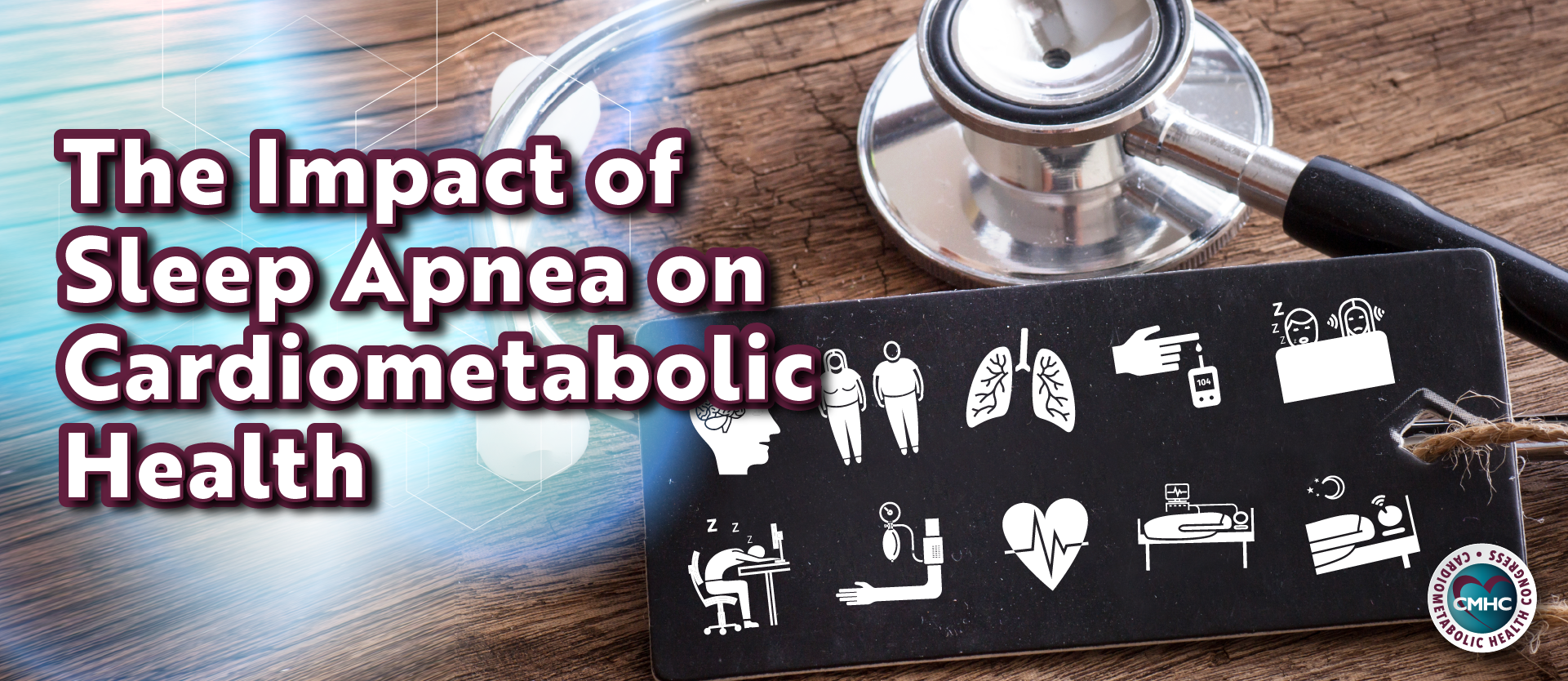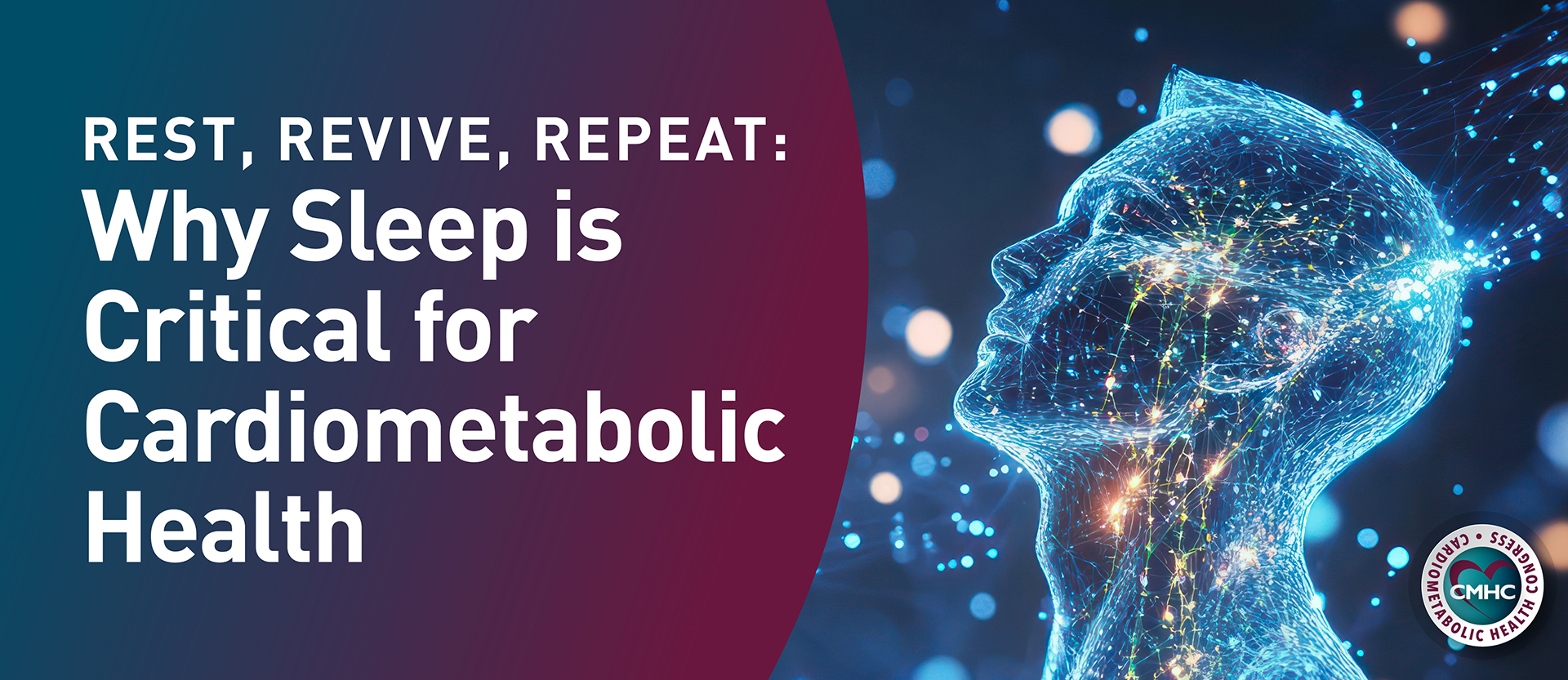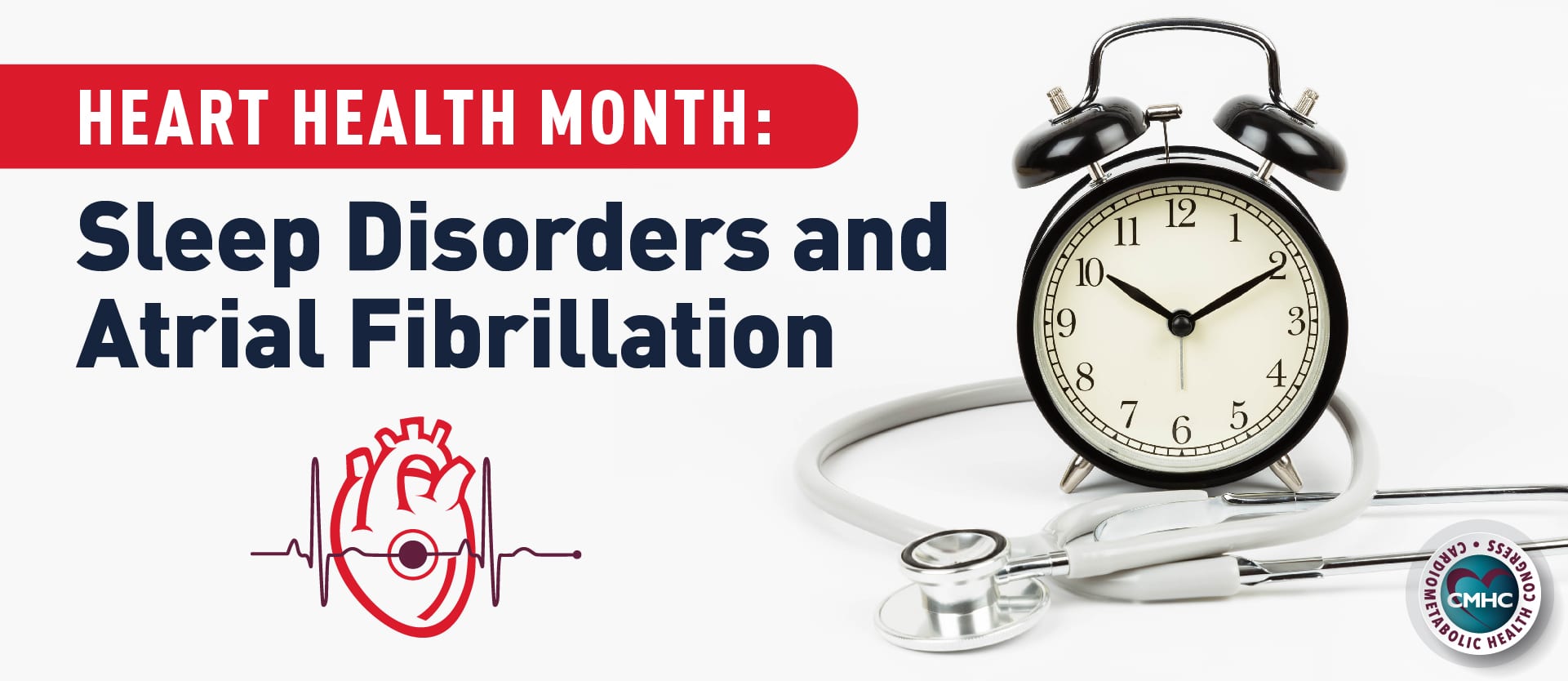The condition known as sleep apnea, in which a snorer briefly stops breathing, can lead to cardiovascular difficulties—and is often associated with arrhythmia, stroke, high blood pressure, and heart failure. “The evidence is very strong for the relationship between sleep apnea and hypertension and cardiovascular disease generally, so people really need to know that,” said Donna Arnett, PhD, dean and professor of epidemiology at the University of Kentucky College of Public Health in Lexington and former president of the American Heart Association.
While mild sleep apnea is a fairly common problem that affects one in five adults, the most common type is obstructive sleep apnea (OSA), in which weight on the upper chest and neck leads to blockage of the flow of air. OSA is associated with obesity, another major risk factor for stroke and heart disease, and additional clinical research suggests that OSA predisposes people to hypertension and atherosclerosis. Because patients with OSA are often obese, they frequently have an increased prevalence of numerous other cardiovascular risk factors, including type 2 diabetes mellitus.
Moreover, findings recently published in Diabetes Care indicate a bidirectional association between obstructive sleep apnea and diabetes. While previous research has demonstrated a more complex correlation between diabetes and OSA, this is the first study to date that has evaluated the potential relationship between the two disorders. Investigators in the study used data from the Nurses’ Health Study (2002-2012), Nurses’ Health Study II (1995-2003), and Health Professionals Follow-Up Study (1996-2012). At the outset, all participants showed no indications of diabetes, cardiovascular disease, or cancer.
Researchers pinpointed a total of 9,029 diabetes cases during follow-up, and 9,364 OSA cases during follow-up. Findings concluded that OSA is independently associated with an increased risk of diabetes, whereas insulin-treated diabetes is independently associated with a higher risk of OSA: particularly in women. The investigators wrote, “Clinical awareness of this bi-directional association may improve prevention and treatment of both diseases, and vigilant monitoring of one condition among patients with the other is warranted if our findings are confirmed in other studies.”
Hosted in collaboration with the American Academy of Sleep Medicine, our Small Group Workshop at the 13th Annual CMHC titled “Don’t Hit the Snooze on Sleep Disorders When it Comes to Cardiometabolic Health“ will focus on the strong correlation between sleep disorders and adverse cardiometabolic risk: including obesity, hypertension, type 2 diabetes mellitus, and cardiovascular disease. Learn more here.
References
http://care.diabetesjournals.org/content/early/2018/07/30/dc18-0675.long
http://www.heart.org/en/health-topics/consumer-healthcare/sleep-apnea-and-heart-disease-stroke
https://www.uptodate.com/contents/obstructive-sleep-apnea-and-cardiovascular-disease-in-adults


















